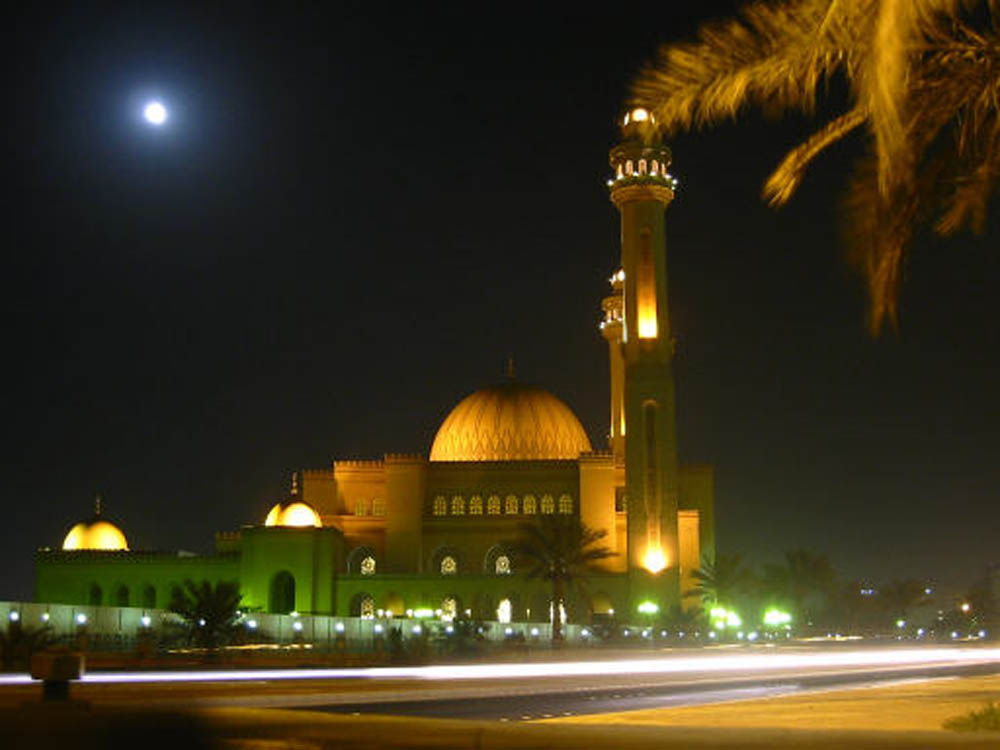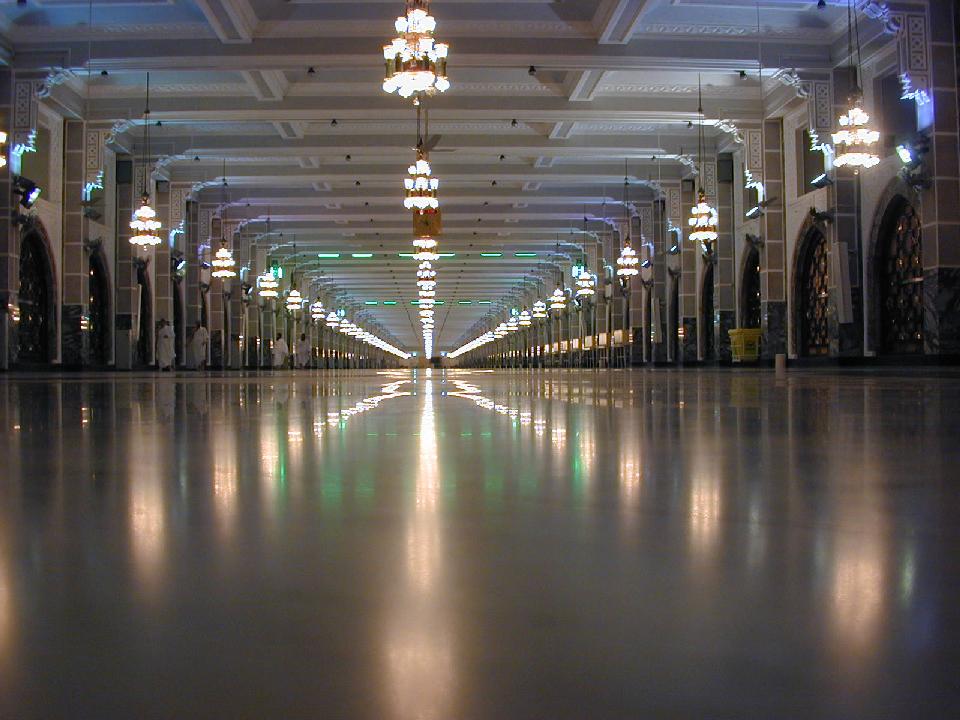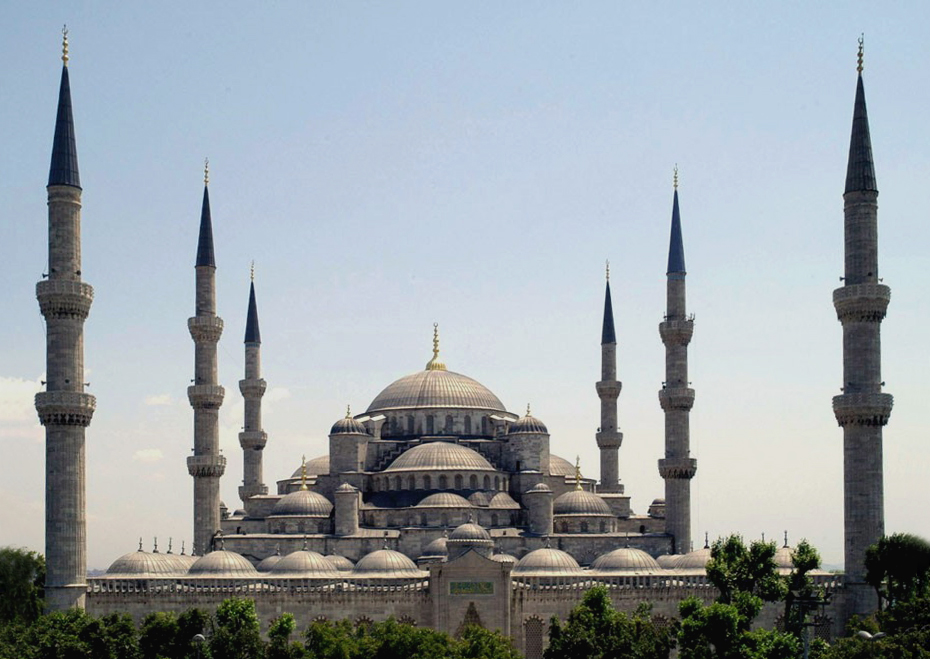One of the most significant and positive aspects of immigration is that most countries of the world today can boast of multicultural societies, adding to their social and community values, apart from seeking their active partnership in progress and development.
Muslims, Hindus, Buddhists, Sikhs and members of other faiths are increasingly seen celebrating their religious and social observances, with the involvement of other ethnic groups. Thus, festivals such as Holi, Diwali, Guru Nanak Jayanti, Baisakhi, Eid Al Fitr, Milad Al Nabi and Eid Al Adha are marked by the involvement of people of varied religious and social beliefs. This in itself is a great achievement and if everyone learns to respect the other without giving vent to negative thoughts, the world would be a different planet, fostering eternal happiness and prosperity.
The importance of Eid Al Fitr is underscored by the fact that it is celebrated in New Zealand’s Parliament, indicating the growing respect of politicians for interfaith. In the US, UK, Canada, Europe and several parts of Asia, where Muslims are in minority, the respective Presidents or Prime Ministers mark the end of the Holy Month of Ramadan with their Muslim colleagues and members of the community.

Great combination
Muslims have a rich history of celebrating festivals, each of which is a combination of religious and social factors and on such a score, Eid Al Fitr marks a special occasion in the Islamic calendar.
Special prayers, decoration of homes and offices with colourful lights, distribution of special food and sweets mark the three day festivities in the Arab world. The celebrations include recitation of the Quran and poetry in the praise of Allah, Prophet Muhammad and Hazrat Ali. Since Muslims make up a rich tapestry of many nations and languages, these are recited in the local language besides the traditional Arabic for Quranic recitations.
Piety & Poetry
For example, in the Arab world, Madohs and Qasidas (poetry) are sung, accompanied by traditional musical instruments. In India, Bangladesh and Pakistan, Hindi and Urdu poetry in praise of Allah take the form of ‘Hamd,’ while those in praise of Prophet Muhammad are called ‘Naat’ and those extolling Hazrat Ali are known as ‘Qawaali.’
 During the period of Fatimid Imams, processions led by the Imam in full regalia with accompanying bands along illuminated streets were the norm. In countries under the Persian influence such as Iran, Afghanistan and Tajikistan, Qasidas with communal dancing abounded, with poets such as Rumi, Hafez and Nasir Khusraw hailed as national heroes.
During the period of Fatimid Imams, processions led by the Imam in full regalia with accompanying bands along illuminated streets were the norm. In countries under the Persian influence such as Iran, Afghanistan and Tajikistan, Qasidas with communal dancing abounded, with poets such as Rumi, Hafez and Nasir Khusraw hailed as national heroes.
The Arab Spring
The Arab Spring has brought significant changes to the political landscape of many Islamic countries including Afghanistan, Egypt and Syria, with its tentacles reaching Turkey. The Arab world has had its share of trouble with the Kingdom of Bahrain facing challenges from politically active groups.
But none of these will dampen the spirit of people to observe the significance of the Holy Month of Ramadan and the ensuing Eid Al Fitr. Islam enjoins upon us and on every individual the maintaining of a balance between spiritual life and material well being and to ensure that his or her material endeavors are underpinned by the ethical principles of Islam. This balance between din (religion) and dunya (world) entails not only the fulfillment of the individual’s spiritual obligation but also of the obligation to acquire knowledge and to use it for the benefit of others.
Africa and the Middle East
Eleven years ago, Eid Al-Fitr was marked during the same week as the Christmas holiday for Christians and the Jewish festival of Hanukkah a coincidence that only happens every few decades. Muslims in Africa and the Middle East celebrate Eid in a festive atmosphere.
The advent of Islam in Africa has had a long and eventful history. The spread of Islam in the continent began in the 7th Century with the Umayyads, who brought the religion to the Middle East and to the littoral of North Africa. Along the coast of Africa, Islam spread among the Berbers, who joined the Muslim community and almost immediately drove north across the Mediterranean into Europe.
 In Morocco, Muslims founded the city of Fès (808), which soon thereafter gave refuge to Andalusian Muslims fleeing an uprising in Córdoba. On the east coast of Africa, where Arab mariners had for many years journeyed to trade, Arabs founded permanent colonies on the offshore islands, especially on Zanzibar, in the 9th and 10th centuries. From there, Arab trade routes into the interior of Africa helped the slow acceptance of Islam and led to the development of Swahili culture and language.
In Morocco, Muslims founded the city of Fès (808), which soon thereafter gave refuge to Andalusian Muslims fleeing an uprising in Córdoba. On the east coast of Africa, where Arab mariners had for many years journeyed to trade, Arabs founded permanent colonies on the offshore islands, especially on Zanzibar, in the 9th and 10th centuries. From there, Arab trade routes into the interior of Africa helped the slow acceptance of Islam and led to the development of Swahili culture and language.
Asia
Almost all countries in Asia celebrate Eid Al Fitr with enthusiasm, more so in Malaysia, Indonesia, Brunei, Afghanistan, Pakistan and Bangladesh (to mention a few), where Islam is the State Religion. However, with the growing population of Muslims, almost all countries mark the festivity with the same significance and gaiety as their Muslim counterparts.
America and Europe
Tension was in the air as millions of Muslims in the US celebrated Eid Al-Fitr last December about three months after the September 11 terrorist attacks in 2001. Some donned colorful African dress, while others painted their skin in intricate henna designs. For some, the traditional Eid meal featured stewed goat and rice, while for others, it was egg rolls and other Asian delicacies. The sweets ranged from Egyptian cookies to a popular treat known as ‘halwa.’
George W Bush, then President said at a White House ceremony for children: “It reminds us how much we all have in common, how similar boys and girls are, no matter what their religion may be. And your joy during this season enriches the life of our great country.”
Canada and Europe, including Britain, will witness heightened activities to mark Eid Al Fitr this fortnight. France, which accounts for the largest Muslim population in Europe, will witness a series of activities.
There should be no concern as Mosques, Parks and Shopping Malls are filled with Muslims during Eid Al Fitr festivities. They are among the most peace-loving people in the world and hence must be considered as our partners in progress.






